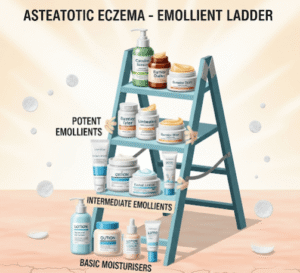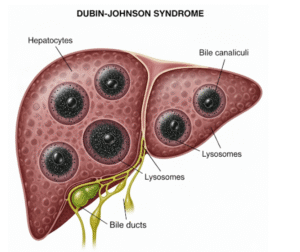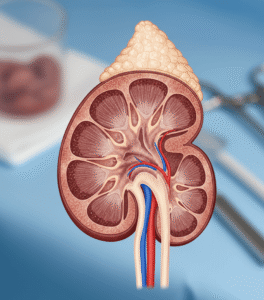Overview
Acute Stress Disorder (ASD) is a short-term psychological condition that can develop in response to a traumatic event. It typically occurs within days of the event and may last from three days to up to one month. ASD shares many symptoms with post-traumatic stress disorder (PTSD) and, if left untreated, may progress into PTSD. Prompt recognition and early intervention are key to recovery.
What is Acute Stress Disorder?
Acute Stress Disorder is a mental health condition triggered by experiencing or witnessing a life-threatening or highly disturbing event. It involves a range of psychological symptoms such as dissociation, anxiety, and intrusive thoughts. Unlike PTSD, ASD is diagnosed when symptoms are present for less than one month and begin within four weeks of the trauma.
Symptoms
Symptoms of ASD fall into five main categories:
- Intrusion Symptoms:
- Flashbacks of the event
- Disturbing dreams or nightmares
- Recurring distressing memories
- Dissociative Symptoms:
- Feeling numb or detached from reality
- Amnesia related to the event
- Feeling like you’re in a dream or outside your body
- Avoidance Symptoms:
- Avoiding reminders, people, or places linked to the trauma
- Arousal Symptoms:
- Difficulty sleeping
- Irritability or anger
- Hypervigilance (feeling constantly on edge)
- Difficulty concentrating
- Exaggerated startle response
- Negative Mood:
- Persistent sadness or inability to feel happiness
Causes
ASD is caused by exposure to a traumatic event, such as:
- Serious accidents (e.g., car crash)
- Physical or sexual assault
- Natural disasters (earthquake, flood, fire)
- Sudden death of a loved one
- Combat or war experiences
- Terrorist attacks or witnessing mass violence
Not everyone who experiences trauma will develop ASD — individual psychological, genetic, and environmental factors play a role.
Risk Factors
Factors that may increase the risk of developing ASD include:
- Prior history of trauma or PTSD
- Existing mental health conditions (e.g., anxiety, depression)
- Poor coping skills
- High perceived threat or fear during the trauma
- Lack of social or emotional support
- Substance abuse history
- Female gender (more frequently reported in women)
Complications
If left untreated, Acute Stress Disorder may lead to:
- Post-Traumatic Stress Disorder (PTSD)
- Depression or anxiety disorders
- Substance abuse or addiction
- Sleep disorders
- Relationship or social difficulties
- Occupational or academic impairment
Prevention
While not all trauma can be prevented, certain steps may help reduce the risk or severity of ASD:
- Early psychological support after a traumatic event
- Access to crisis counseling or trauma therapy
- Learning healthy coping strategies and stress management techniques
- Building strong social support networks
- Avoiding substance use during recovery
Treatment Options Korea
1. Psychological First Aid and Crisis Support
- Immediate psychological support provided in emergency rooms, trauma centers, or community clinics
- Focus on safety, calming, emotional support, and practical assistance
- Crisis intervention available via public mental health centers and hotlines in Korea
2. Cognitive Behavioral Therapy (CBT)
- Primary treatment for ASD to prevent progression to PTSD
- Short-term trauma-focused CBT includes:
- Psychoeducation
- Cognitive restructuring
- Exposure techniques
- Widely accessible through psychiatrists, clinical psychologists, and counseling centers across Korea
3. Medication (If Severe)
- Used for severe anxiety, insomnia, or agitation
- Options include:
- Short-term benzodiazepines (e.g., lorazepam)
- SSRIs (e.g., sertraline) if symptoms persist or worsen
- Prescribed with caution and close monitoring by psychiatrists
4. Monitoring and Follow-Up
- Regular follow-up to assess symptom resolution or progression to Post-Traumatic Stress Disorder (PTSD)
- Early intervention can significantly improve outcomes
- Psychiatric services in Korea provide continued care when needed
5. Group Therapy and Peer Support
- Group counseling available for disaster survivors, accident victims, and first responders
- Offered through community mental health centers and NGOs
- Helps reduce isolation and normalize emotional responses
6. Public Health and Workplace Resources
- Employee Assistance Programs (EAPs) offer support for trauma-affected workers
- School-based counselors provide care for children and teens experiencing acute stress
- Mental health is covered under National Health Insurance (NHI) in Korea













